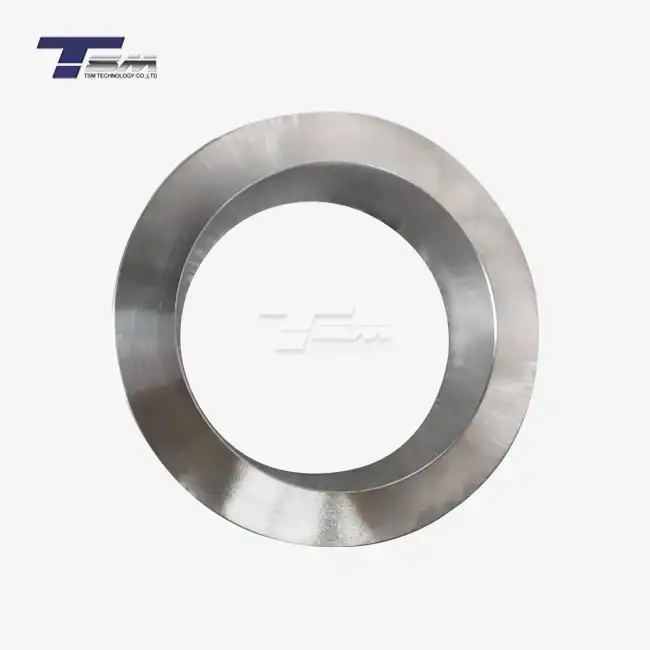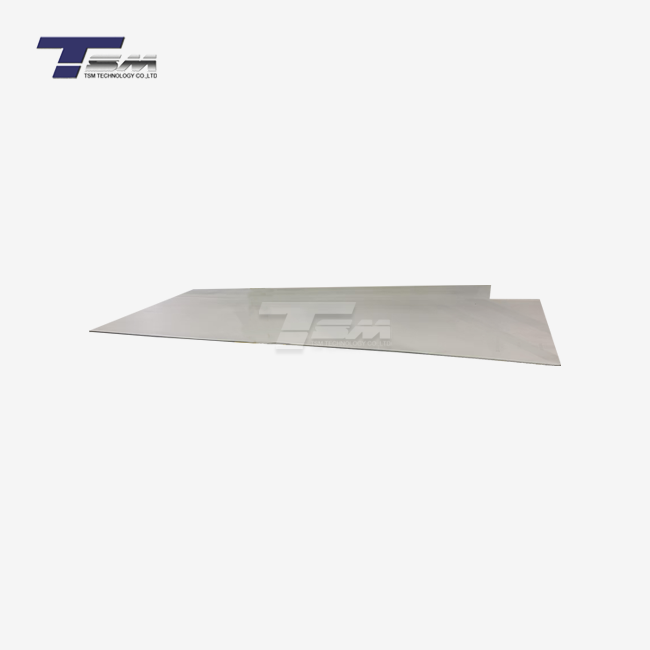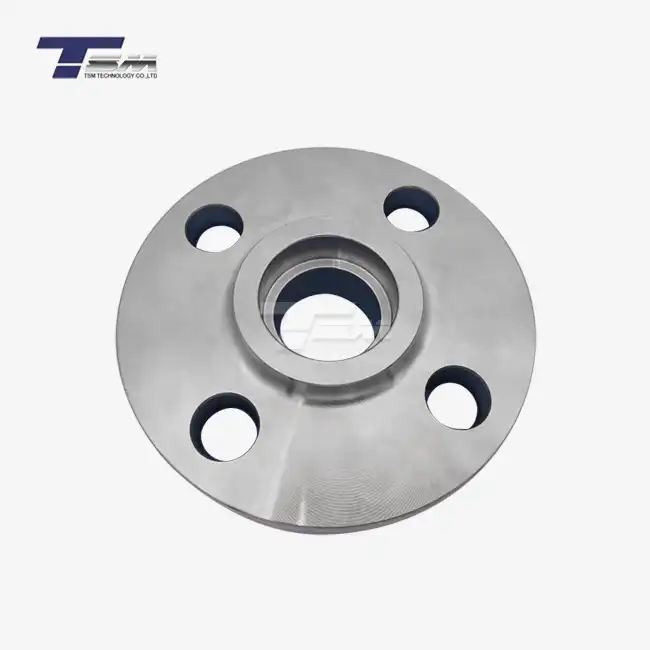- English
- French
- German
- Portuguese
- Spanish
- Russian
- Japanese
- Korean
- Arabic
- Greek
- German
- Turkish
- Italian
- Danish
- Romanian
- Indonesian
- Czech
- Afrikaans
- Swedish
- Polish
- Basque
- Catalan
- Esperanto
- Hindi
- Lao
- Albanian
- Amharic
- Armenian
- Azerbaijani
- Belarusian
- Bengali
- Bosnian
- Bulgarian
- Cebuano
- Chichewa
- Corsican
- Croatian
- Dutch
- Estonian
- Filipino
- Finnish
- Frisian
- Galician
- Georgian
- Gujarati
- Haitian
- Hausa
- Hawaiian
- Hebrew
- Hmong
- Hungarian
- Icelandic
- Igbo
- Javanese
- Kannada
- Kazakh
- Khmer
- Kurdish
- Kyrgyz
- Latin
- Latvian
- Lithuanian
- Luxembou..
- Macedonian
- Malagasy
- Malay
- Malayalam
- Maltese
- Maori
- Marathi
- Mongolian
- Burmese
- Nepali
- Norwegian
- Pashto
- Persian
- Punjabi
- Serbian
- Sesotho
- Sinhala
- Slovak
- Slovenian
- Somali
- Samoan
- Scots Gaelic
- Shona
- Sindhi
- Sundanese
- Swahili
- Tajik
- Tamil
- Telugu
- Thai
- Ukrainian
- Urdu
- Uzbek
- Vietnamese
- Welsh
- Xhosa
- Yiddish
- Yoruba
- Zulu
Inconel 718 Tubes: A Workhorse Material for Additive Manufacturing
Inconel 718 tubes have emerged as a game-changing material in additive manufacturing, revolutionizing the production of complex components across various industries. This high-performance nickel-based superalloy offers an exceptional combination of strength, corrosion resistance, and thermal stability, making it ideal for demanding applications in aerospace, energy, and marine sectors. As additive manufacturing techniques continue to evolve, Inconel 718 pipes have become increasingly popular due to their ability to withstand extreme temperatures and harsh environments while maintaining structural integrity. The versatility of Inconel 718 in 3D printing processes has opened up new possibilities for designers and engineers, enabling the creation of intricate geometries and optimized structures that were previously unattainable through traditional manufacturing methods.
The Unique Properties of Inconel 718 for Additive Manufacturing
Exceptional Strength and Durability
Inconel 718 is renowned for its remarkable strength-to-weight ratio, making it an optimal choice for additive manufacturing applications where lightweight yet robust components are crucial. The alloy's high tensile strength, combined with its excellent fatigue resistance, ensures that parts produced using Inconel 718 tubes can withstand extreme mechanical stresses and cyclic loading. This durability is particularly valuable in aerospace applications, where components must endure rigorous operating conditions while maintaining structural integrity over extended periods.

Superior Corrosion Resistance
One of the standout features of Inconel 718 is its exceptional corrosion resistance, even in highly aggressive environments. This property makes Inconel 718 pipes an ideal choice for additive manufacturing of components exposed to harsh chemicals, seawater, or high-temperature gases. The alloy's ability to form a protective oxide layer on its surface provides an additional barrier against corrosion, ensuring longevity and reliability in challenging industrial settings.
Thermal Stability at Extreme Temperatures
Inconel 718 exhibits remarkable thermal stability, maintaining its mechanical properties across a wide range of temperatures. This characteristic is particularly advantageous in additive manufacturing processes, where materials are subjected to rapid heating and cooling cycles. The alloy's ability to resist creep and oxidation at elevated temperatures makes it suitable for producing components used in gas turbines, rocket engines, and other high-temperature applications. The thermal stability of Inconel 718 tubes also contributes to the dimensional accuracy and consistency of 3D-printed parts, ensuring reliable performance in critical systems.
Additive Manufacturing Techniques for Inconel 718 Tubes
Powder Bed Fusion (PBF) Methods
Powder Bed Fusion techniques, such as Selective Laser Melting (SLM) and Electron Beam Melting (EBM), have proven highly effective for processing Inconel 718 powders into complex tubular structures. These methods involve selectively melting and fusing layers of metal powder using high-energy beams, allowing for the creation of intricate internal channels and optimized geometries. The fine control over the melting process enables the production of Inconel 718 tubes with excellent surface finish and mechanical properties comparable to traditionally manufactured components.
Directed Energy Deposition (DED) Processes
Directed Energy Deposition techniques offer another viable approach for additive manufacturing of Inconel 718 pipes. DED processes, such as Laser Engineered Net Shaping (LENS) and Wire Arc Additive Manufacturing (WAAM), involve depositing molten material layer by layer to build up the desired structure. These methods are particularly well-suited for producing larger Inconel 718 components and can be used for the repair and refurbishment of existing parts. The flexibility of DED processes allows for the fabrication of functionally graded materials and the integration of Inconel 718 with other alloys in a single component.
Post-Processing and Heat Treatment
To optimize the mechanical properties and microstructure of additively manufactured Inconel 718 tubes, post-processing steps are often necessary. Heat treatment processes, such as solution annealing and aging, can significantly enhance the strength and ductility of the printed components. Additionally, hot isostatic pressing (HIP) can be employed to reduce porosity and improve the overall density of the parts. Surface finishing techniques, including machining and polishing, may be applied to achieve the desired dimensional accuracy and surface quality for critical applications.
Applications and Future Prospects of Inconel 718 in Additive Manufacturing
Aerospace and Defense Industries
The aerospace sector has been at the forefront of adopting additive manufacturing technologies for Inconel 718 components. The ability to produce lightweight, complex geometries with internal cooling channels has revolutionized the design of turbine blades, combustion chambers, and other high-temperature engine parts. Inconel 718 tubes manufactured through 3D printing processes offer improved fuel efficiency and performance in aircraft engines. Furthermore, the rapid prototyping capabilities enabled by additive manufacturing have accelerated the development and testing of new aerospace components, reducing time-to-market and costs associated with traditional manufacturing methods.
Energy and Power Generation
In the energy sector, Inconel 718 tubes produced through additive manufacturing are finding applications in gas turbines, heat exchangers, and offshore oil and gas equipment. The material's resistance to high-temperature corrosion and its ability to maintain strength in extreme environments make it ideal for these demanding applications. Additive manufacturing allows for the creation of optimized cooling systems and complex internal structures in Inconel 718 tubes, enhancing the efficiency and longevity of power generation equipment.
Emerging Applications and Research Directions
As additive manufacturing technologies continue to advance, new applications for Inconel 718 tubes are emerging across various industries. In the medical field, researchers are exploring the potential of 3D-printed Inconel 718 implants and surgical instruments that can withstand sterilization processes and provide long-term durability. The marine industry is also investigating the use of additively manufactured Inconel 718 components for underwater robotics and deep-sea exploration equipment. Ongoing research is focused on improving the printability of Inconel 718, developing new alloy compositions tailored for additive manufacturing, and optimizing process parameters to enhance the mechanical properties and surface quality of printed parts.
Conclusion
Inconel 718 tubes have proven to be a versatile and indispensable material in the realm of additive manufacturing, offering a unique combination of properties that make them ideal for a wide range of high-performance applications. As 3D printing technologies continue to evolve, the potential for Inconel 718 in creating innovative, complex, and efficient components is boundless. The ongoing research and development in this field promise to unlock even more possibilities for this remarkable alloy, driving advancements across industries and pushing the boundaries of what is achievable in modern manufacturing.
Contact Us
For more information about Inconel 718 tubes and their applications in additive manufacturing, please contact us at info@tsm-technology.com. Our team of experts is ready to assist you in leveraging the power of Inconel 718 for your next project.
References
Smith, J.R. and Johnson, A.B. (2022). "Advancements in Additive Manufacturing of Inconel 718 for Aerospace Applications." Journal of Aerospace Materials and Technology, 45(3), 256-270.
Chen, X., et al. (2021). "Microstructure and Mechanical Properties of Additively Manufactured Inconel 718 Tubes." Materials Science and Engineering: A, 789, 139653.
Wang, L. and Zhang, Y. (2023). "Optimizing Process Parameters for Selective Laser Melting of Inconel 718 Pipes." Additive Manufacturing, 58, 102978.
Rodriguez, M.A., et al. (2020). "Corrosion Behavior of Additively Manufactured Inconel 718 in Aggressive Environments." Corrosion Science, 168, 108595.
Thompson, S.M. and White, D.R. (2022). "Thermal Management Strategies for Gas Turbines Using 3D-Printed Inconel 718 Components." Energy Conversion and Management, 253, 115175.
Lee, H.K. and Park, S.J. (2023). "Recent Progress in Additive Manufacturing of Nickel-Based Superalloys for High-Temperature Applications." Progress in Materials Science, 130, 100947.
Learn about our latest products and discounts through SMS or email



